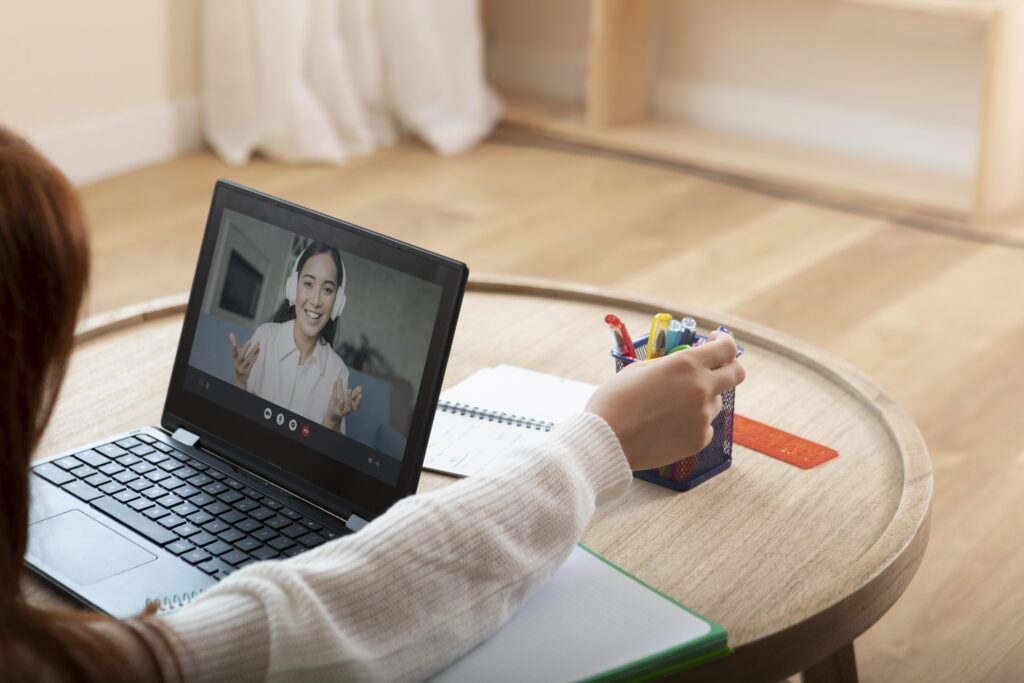
Introduction:
In today’s digital age, hybrid learning has become increasingly prevalent, revolutionizing traditional educational models. This article explores how educators are leveraging technology to enhance educational experiences and maximize student learning outcomes in hybrid environments.
The Role of Technology in Hybrid Learning:
Technology serves as a cornerstone of hybrid learning, providing educators and students with the tools and resources needed to facilitate dynamic and interactive educational experiences. From virtual classrooms to online learning platforms, technology enables seamless integration of digital and traditional learning modalities.
Enhancing Engagement Through Multimedia Content:
Multimedia content, including videos, interactive simulations, and virtual reality experiences, enhances student engagement and comprehension in hybrid learning environments. By incorporating multimedia elements into lesson plans, educators can cater to diverse learning styles and foster deeper understanding of complex concepts.
Fostering Collaboration and Communication:
Technology facilitates collaboration and communication among students and instructors in hybrid learning settings. Online discussion forums, video conferencing tools, and collaborative document editing platforms enable seamless interaction and exchange of ideas, regardless of physical location.
Personalizing Learning Pathways with Adaptive Technologies:
Adaptive learning technologies leverage data analytics and artificial intelligence to personalize learning pathways for individual students. By analyzing student performance and preferences, adaptive technologies deliver customized learning experiences tailored to each learner’s unique needs and abilities.
Empowering Lifelong Learning and Skill Development:
Hybrid learning, supported by technology, empowers students to engage in lifelong learning and skill development. With access to a wealth of online resources, courses, and educational tools, learners can pursue their interests, acquire new skills, and stay abreast of industry trends and developments.
Conclusion
In the digital age, technology plays a vital role in transforming educational experiences and maximizing learning outcomes in hybrid environments. By leveraging technology effectively, educators can create dynamic, engaging, and personalized learning experiences that empower students to succeed in an ever-evolving world.
